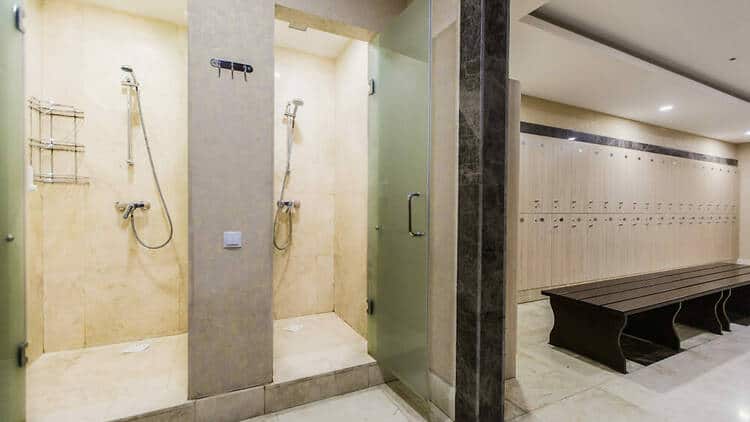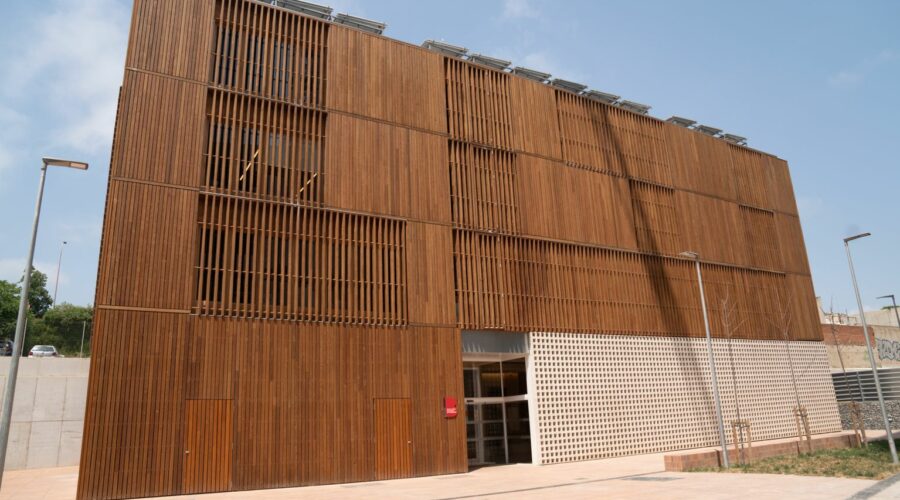
The scarcity of rainfall in Catalonia has led the Generalitat to implement more restrictive measures in its Special Drought Plan (PES). One of the decisions that has generated controversy is the closure of showers in sports centers, a measure that has aroused discontent in the physical activity and sports sector.
From January, users of Catalan sports centers will not be able to use the showers in the changing rooms, as part of the new restrictions that will come into force with the declaration of the emergency phase under the PES.
The Councilor for Climate Action, David Mascort, called on the population to reduce water consumption, anticipating that this measure will go from being a proposal to an obligation in January.
Position of the Association of Catalan Fitness Clubs Companies (Adecaf) on the closure of showers.
Adecaf spokespersons indicated their dissatisfaction with the measure, which they described as “useless and unilateral”. They point out that the decision affects the sector without benefiting anyone and criticize the lack of consultation with representatives of the sports sector before implementing it.
Adecaf representatives point out that gyms have already taken measures to reduce water consumption, such as the use of aerators that reduce the flow rate and the installation of timers on shower heads to limit shower time.
According to the Association, showers in gyms consume between 40 and 60 liters, which is less than the 100 liters used in domestic toilets.
Impact on service and costs to users
The closure of showers in gyms raises additional concerns, such as the possible reduction of monthly fees for users who will no longer have access to the full service.
Adecaf points out that the measure could result in higher water consumption, as users will have to shower quickly at home after training.
In addition to the closure of the showers, the Catalan government has announced cuts in the flows of the Llobregat, Ter and Muga rivers, as part of the new package of measures to deal with the drought.
The possibility of bringing water by ship to the Port of Barcelona is also being considered to guarantee the water supply to the almost six million inhabitants of the towns of Girona and the area of influence of Barcelona.
Meanwhile, the Barcelona City Council has proposed to the Catalan Water Agency to continue refilling the city’s public swimming pools in preparation for next summer, when the biggest emergency is expected.
Authorization to irrigate with non-potable groundwater has also been requested to deal with a scenario of rising temperatures.



